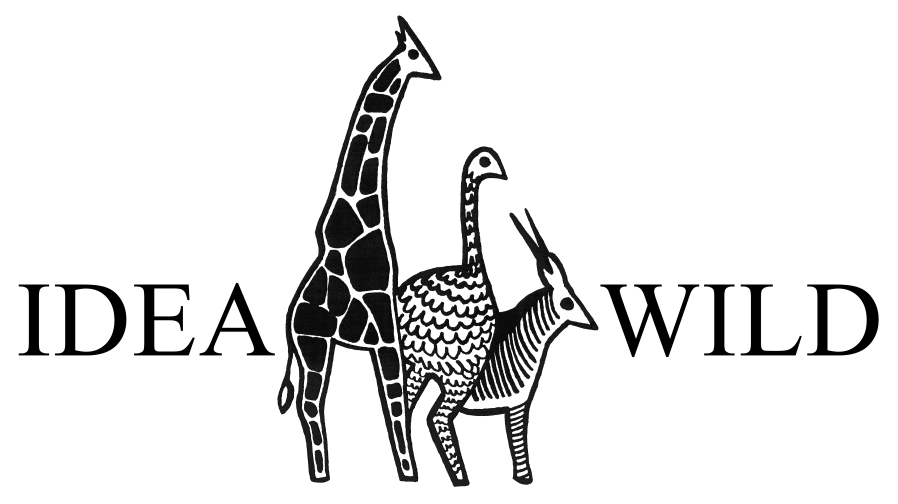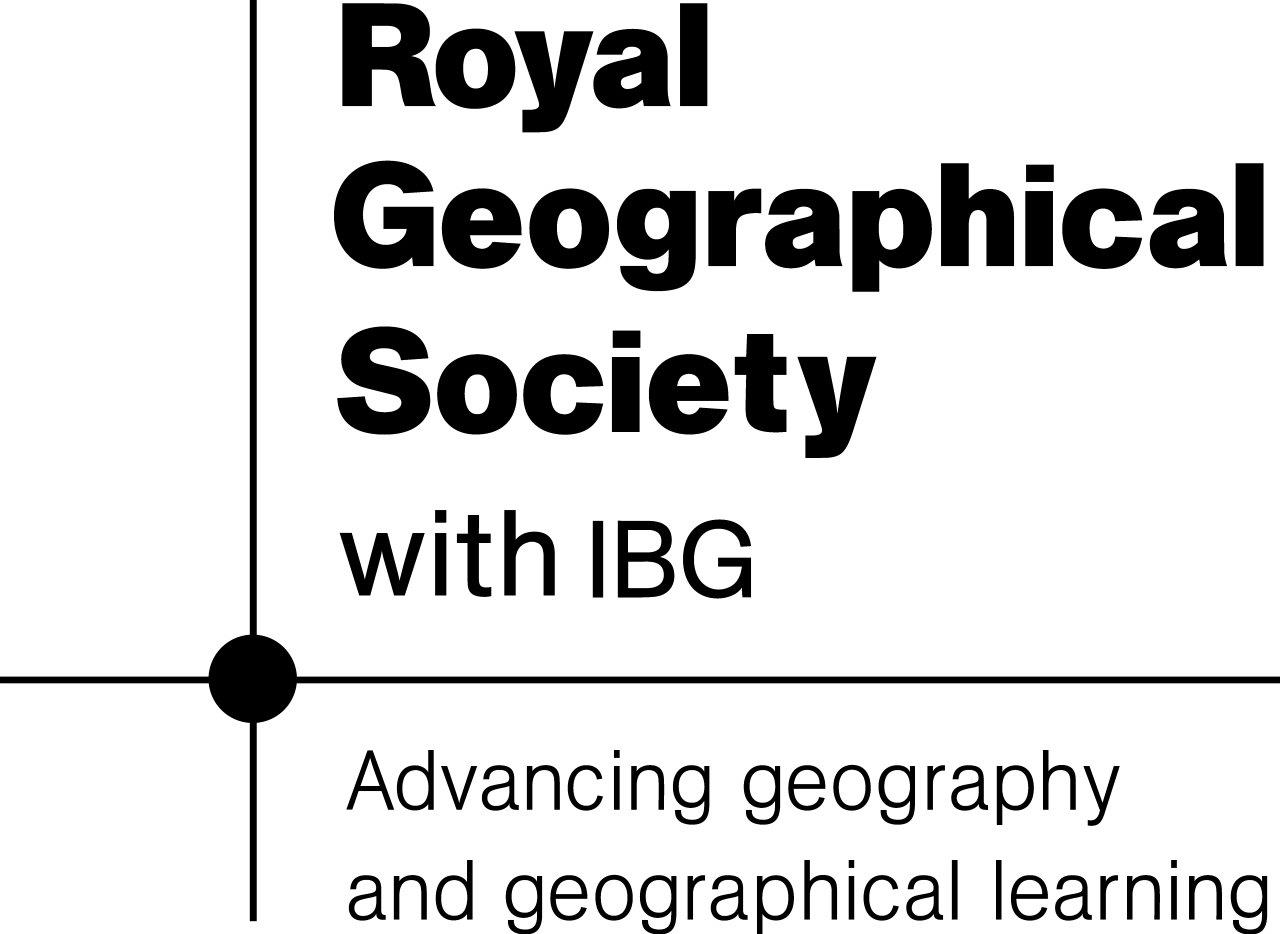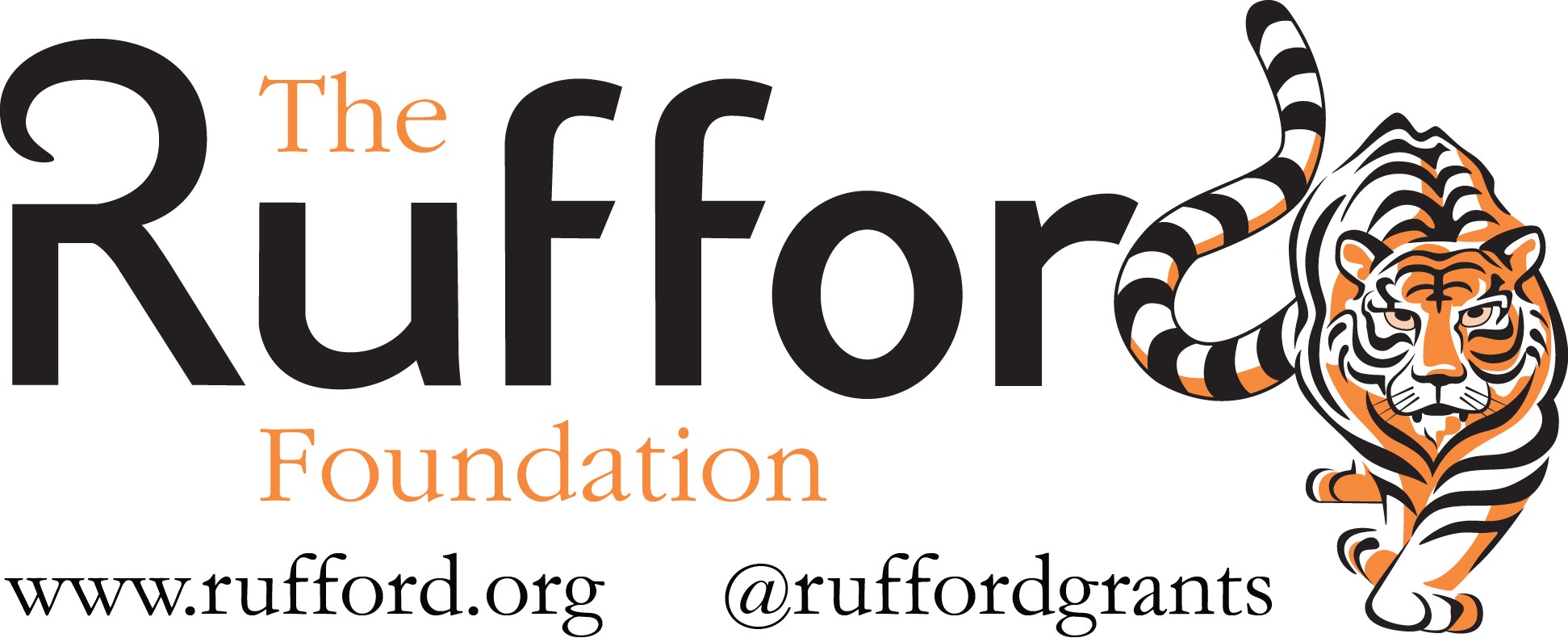This project investigates the shifting structure of carnivore communities in East Africa and its impact on human-wildlife conflict with a focus on smaller carnivores. In collaboration with Lion Landscapes, the research aims to provide insights into multiple lesser understood species and human-wildlife conflict dynamics. The findings will inform species management and conflict mitigation strategies, supporting sustainable coexistence between wildlife and communities in the region.
CONSERVATION CONTEXT
Carnivores are facing worrying levels of persecution as a result of human-wildlife conflict, often threatening their survival. East Africa boasts an extraordinary guild of carnivores, with over 15 species weighing more than 5kg, many of which remain poorly understood. Many carnivores are experiencing drastic population declines driven by human pressures, disrupting the delicate balance within the carnivore community. This disruption can lead to significant shifts in human-wildlife dynamics and increased conflict. Our research aims to investigate these changing dynamics comprehensively, with the ultimate goal of mitigating negative impacts and reducing conflict between humans and wildlife.
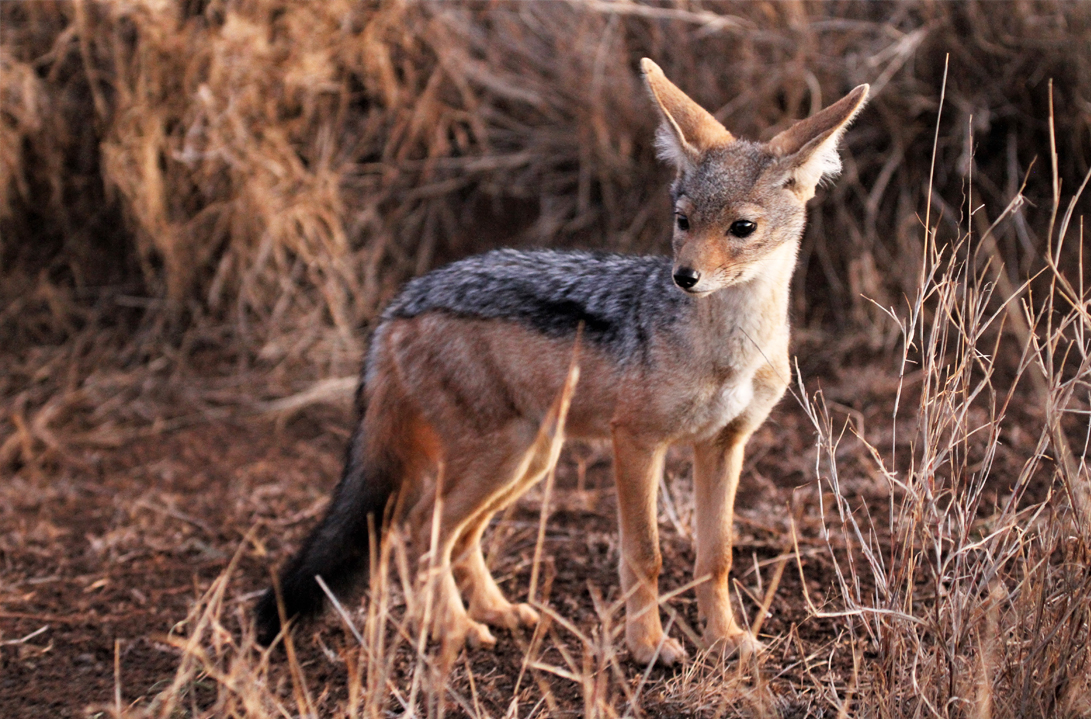
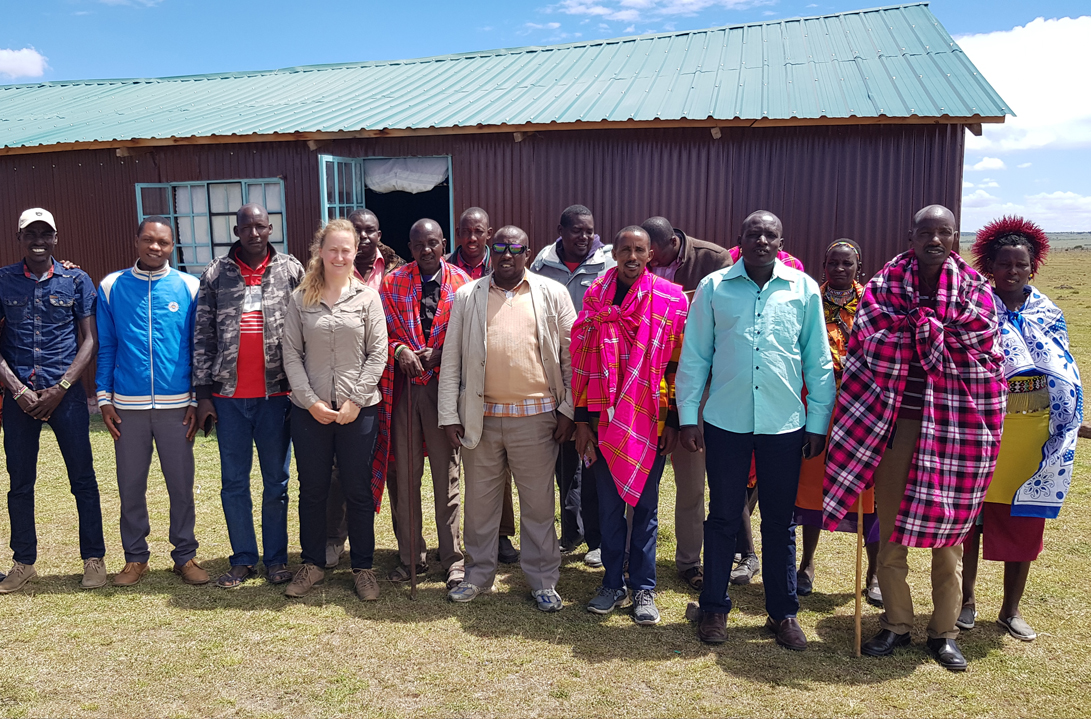
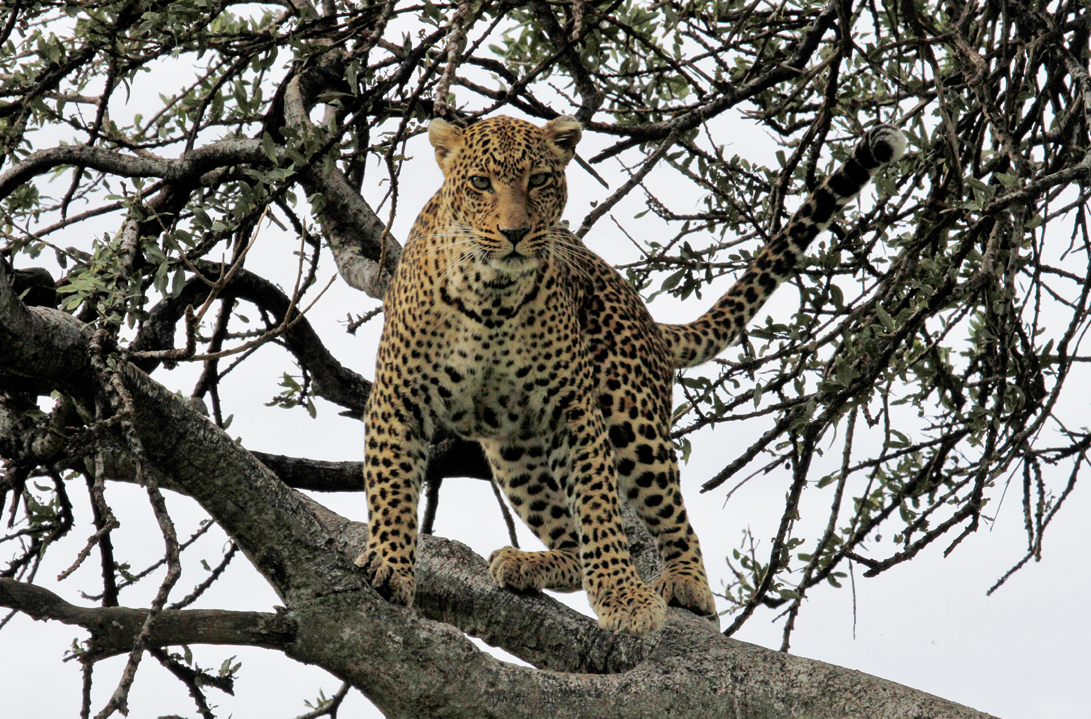
APPROACH
Camera Trapping
The project employs a network of camera traps to monitor the diversity and abundance of carnivore species in Laikipia, Kenya. This non-invasive method captures images of multiple species, providing crucial data on carnivore presence, abundance, and behaviour in relation to human pressures. By analysing these patterns over time, we aim to understand how shifts in carnivore community structure—due to human activity—affect broader ecosystem dynamics, including human-wildlife conflict. The data will help track changes in species composition, identify high-conflict zones, and inform conservation strategies that balance carnivore conservation with community needs.
Household Surveys
Complementing the ecological data, household surveys will be conducted in communities affected by human-wildlife conflict. These surveys will explore local perceptions of carnivores, attitudes towards conservation, and experiences with conflict. By integrating social data with ecological findings, we aim to link changes in carnivore communities with shifts in human-wildlife conflict perceptions. This approach provides a more comprehensive understanding of conflict dynamics, enabling us to design culturally informed mitigation strategies that address both the ecological and social aspects of carnivore conservation, improving outcomes for both wildlife and local communities.
PROJECT MEMBERS
Emily Madsen leads this PhD project, supervised by Amy Dickman, Claudio Sillero and Charlotte Searle.


